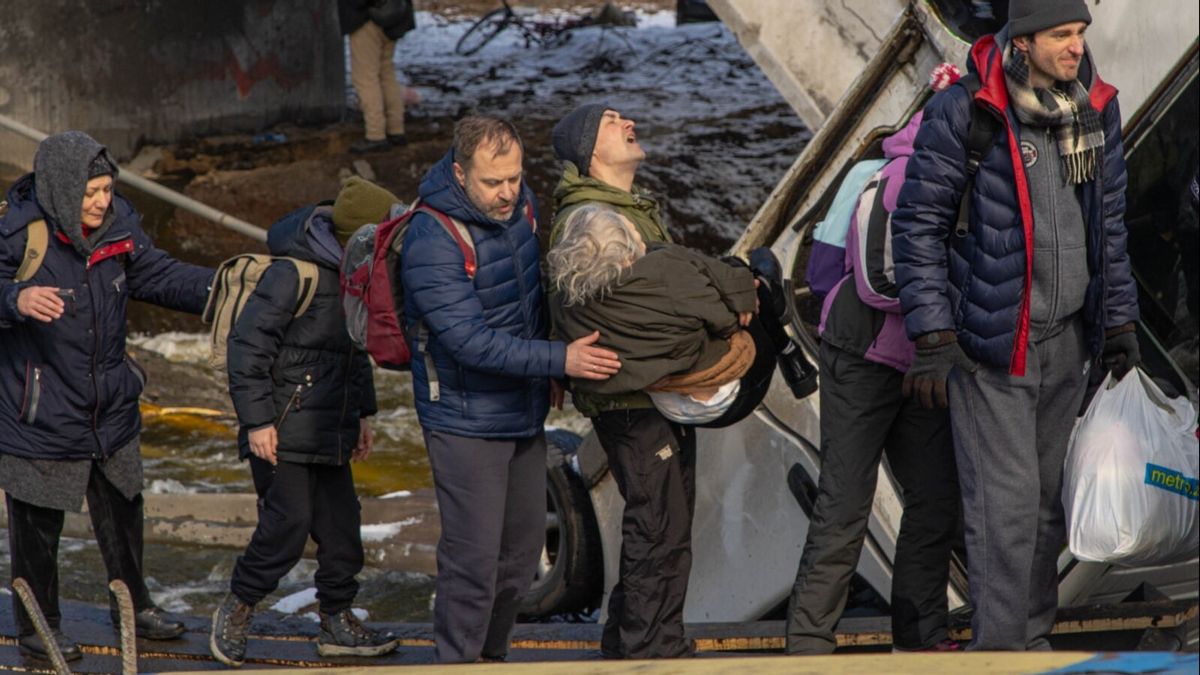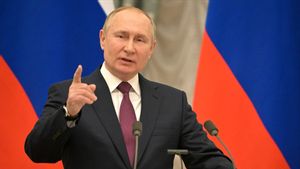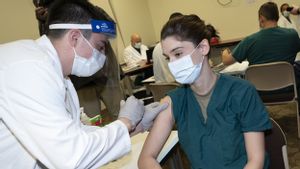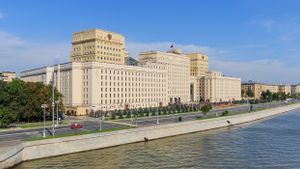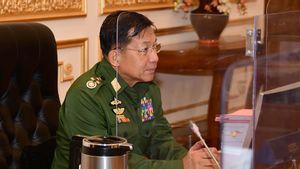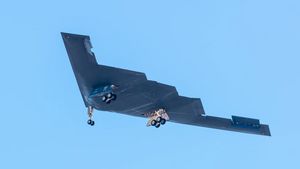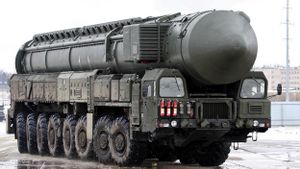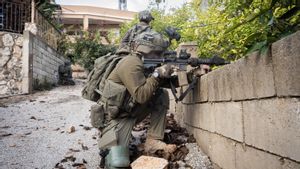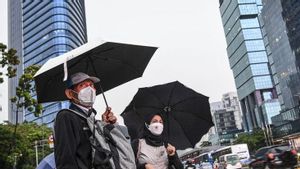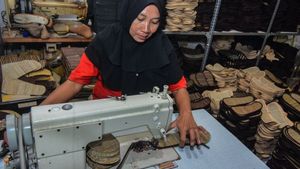JAKARTA - People fleeing relative safety in western Ukraine joined thousands who crossed into eastern Europe on Monday, after Russia attacked a Ukrainian base near the border with NATO member Poland.
Ukraine said 35 people died at the base on Sunday. Meanwhile, Moscow says up to 180 "foreign mercenaries" were killed and a large number of foreign weapons destroyed.
In addition, Ukraine also reported new air strikes on airports in the west of the country by Russia.
Meanwhile, the number of refugees who have fled Ukraine since Russia's invasion on February 24 rose to more than 2.8 million, United Nations data showed on Monday.
These figures saw Russia's invasion of Ukraine quickly turn into the fastest-growing refugee crisis in Europe since the Second World War. Meanwhile, EU officials say 5 million may eventually escape while others put the figure higher.

In addition, millions of people have also been displaced within Ukraine, with many being evacuated only as far as the quieter west, including to cities such as Lviv.
Myroslava, 52, left her home in the Ternopil region, in western Ukraine, and was waiting at the Krakow station terminal in Poland to be picked up by acquaintances. He didn't know where he was going to live.
"We left because of yesterday's attack," he said, adding that he hoped western Ukraine would be safe.
"We weren't planning to go, but because it's so close we decided to go."
Meanwhile Mira from Kyiv, traveling with her mother to Warsaw, said she was shocked by the Russian attack near Lviv.
"I just panicked and felt scared," he said.
Fighting continues in many of Ukraine's main cities, including the capital Kyiv. With the Ukrainian government saying it will try to evacuate civilians through 10 humanitarian corridors on Monday.
Russia has denied targeting civilians, describing its actions as a "special operation" to demilitarize and denazify Ukraine. On the other hand, Ukraine and its Western allies have called this a baseless pretext for Russia's invasion of the democratic nation of 44 million people.
"Houses were blown up," said Alena Kasinyska, a refugee from the southern Ukrainian city of Mykolaiv, after crossing into Romania on Isaccea, a busy border crossing on the Danube delta.
"People have no place to live, we are afraid," she said.

Frontline countries such as Poland, which have received more than half of the total number of refugees. While Slovakia, Romania, Hungary and Moldova, have hosted most of the refugees, some have since headed further west.
Poland's border guards say about 1.76 million people have entered the country since the fighting began, with 18.400 arriving in the early hours of Monday.
Polish Prime Minister Mateusz Morawiecki told a news conference with his Ukrainian and Lithuanian counterparts the attack near its border showed Russia wanted to "create panic among the civilian population".
Temporary beds and makeshift canteens have sprung up at convention centers and secondhand shopping malls around the area, while volunteers work long hours handing out hot drinks and free SIM cards, or transporting refugees further west.
At a youth education center near Auschwitz, usually dedicated to preserving memories of the Holocaust and World War Two, nearly 2.000 meals have been served to refugees in recent weeks.
Further east, a team of chefs and international aid workers in the town of Przemysl serve thousands of meals daily to refugees flowing through Poland's busiest border crossing, the nearby Medyka.
VOIR éGALEMENT:
"We made a lot of soup because it was so cold and the refugees who came in, they couldn't bring food like a big plate because they brought all their stuff," said Clara, volunteer chef for aid NGO World Central Kitchen.
"We make hot chocolate, we also make a lot of baby food," she continued.
Sympathy for their neighbors' plight and deep memories of Moscow's domination have seen a wave of volunteer efforts, but the scale of the refugee crisis has raised fears of being overwhelmed.
It is known that some countries further from Ukraine's borders, such as the Czech Republic, have also taken in tens of thousands of refugees, putting pressure on local authorities, while others, such as Lithuania, are only just starting to receive significant numbers, with around 1.000 now arriving each day.
"Most of them are women with small children, some only carry hand luggage for luggage," said Kristina Meide, director of the Lithuanian Red Cross.
The English, Chinese, Japanese, Arabic, and French versions are automatically generated by the AI. So there may still be inaccuracies in translating, please always see Indonesian as our main language. (system supported by DigitalSiber.id)
